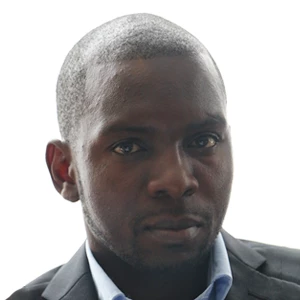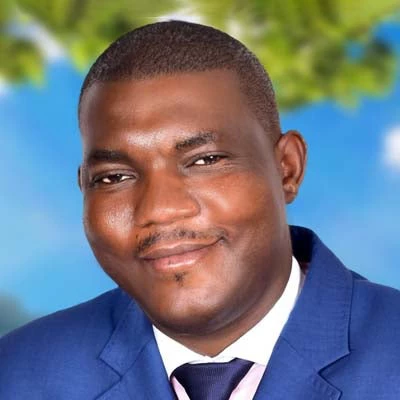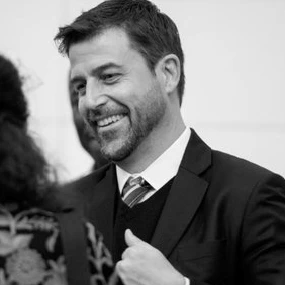
In today’s digital world, the use of emerging technologies has become a day-to-day business requirement be it in public or private organizations. In particular, the application of Big Data promises to improve government service delivery, complement official statistics, and facilitate development in sectors such as education, health, urban development, transportation, and humanitarian relief services. While there is a significant need for Big Data analysis in different fields and industries, lack of human capital and equipment to conduct Big Data analysis is a serious hindrance to Africa’s ability to use data science and analytics for purposes of human development, business and governance. A question of our interest here is: How would you accelerate technological and data-driven innovation in Africa? Regardless of how you answer this question, we bet that there will be a human dimension involved in your solution. We share a pan-African approach to enhancing the digital skills of young Africans in the field of big data. To make a bigger impact in this space, it is important to join efforts with various capacity development initiatives such as the Microsoft 4Afrika initiative.
The African Institute for Mathematical Sciences (AIMS) is a pan-African network of centres of excellence for post-graduate training, research and public engagement in mathematical sciences. AIMS aspires to enable Africa’s brightest students to flourish as independent thinkers, problem solvers and innovators capable of propelling Africa’s future scientific, educational and economic self-sufficiency.
Through its Industry Initiative, AIMS leveraged the support of the International Development Research Centre (IDRC) to initiate a Big Data for Development Short Course Program (BD4D-SCP) with the goal to boost capacity in data science, particularly, big data analytics. With additional support from the World Bank Group and relationalAI (a US-based Artificial Intelligence company), a series of short courses have been rolled out across AIMS centres of excellence in Africa. These short courses continue to boost AIMS capacity development objectives that include increasing the number of data scientists in Africa and providing a platform for practitioners to interact, work on innovative development solutions, collaborate and exchange ideas.
Due to space limitations, over 48 professionals in Rwanda, including 22 women, took part in the inaugural short-course in March 2019 under the AIMS BD4D-SCP, titled: “Big Data Analytics with Python (BDAWP)” delivered in collaboration with the World Bank at AIMS Rwanda in Kigali. The participants represented 31 institutions across 13 business sectors including Agriculture, Development and Humanitarian Services, Education, Energy, Finance, Geographic Information Systems, Health, ICT, Insurance, Meteorology, Statistics, Tax Administration and Telecommunication. The training was led by Dr Dunstan Matekenya, a Data Scientist with the World Bank.
The five-day BDAWP course took a practical approach to equip participants with the most essential tools in the shortest possible time; the course emphasized learning by doing through several assignments that gave participants ample time to practice. A series of additional training sessions were conducted in Dakar, Senegal (July 2019) and Yaounde, Cameroon (February 2020). The BDAWP training demonstrated that there is a high demand for industry-driven training for emerging young African professionals who are keen on building their capacities in emerging technologies in a much more practical and cost-effective way.
While the funding for this initiative ended on April 30th, 2020, the demand for training in machine learning, data science, and big data analytics is still very high in Africa, with overwhelming numbers of students interested in the courses. Furthermore, the training and innovation challenges were not done in other countries within the AIMS network and beyond. In this regard, the team is keen and committed to scaling up these capacity-building efforts to more countries and more people in Africa. To this end, AIMS and the World Bank Group are actively looking for interested sponsors and partners to support the scaling up of this innovative and important capacity building program on the continent. This includes funding for the core program as well as sponsorship and seed funding for the innovation competitions and mentors for the young teams.







Join the Conversation